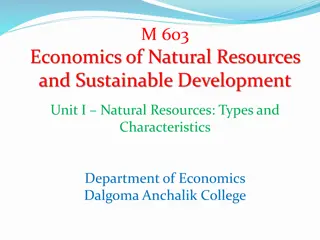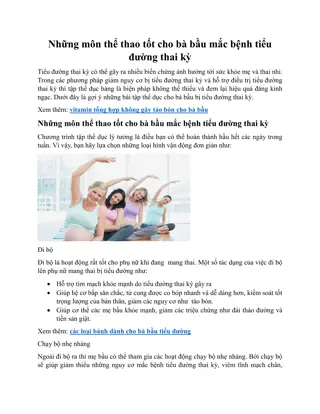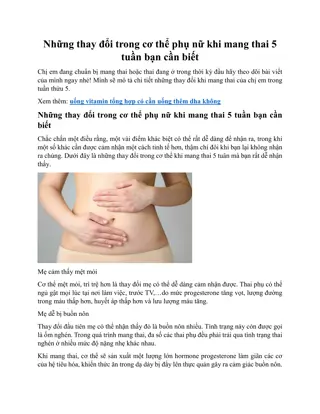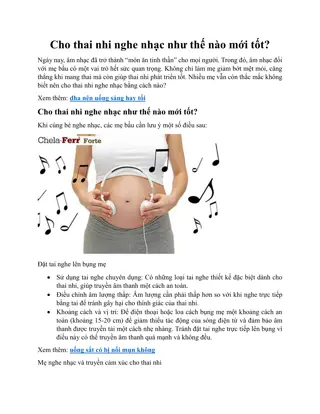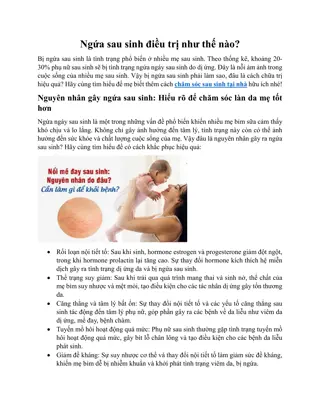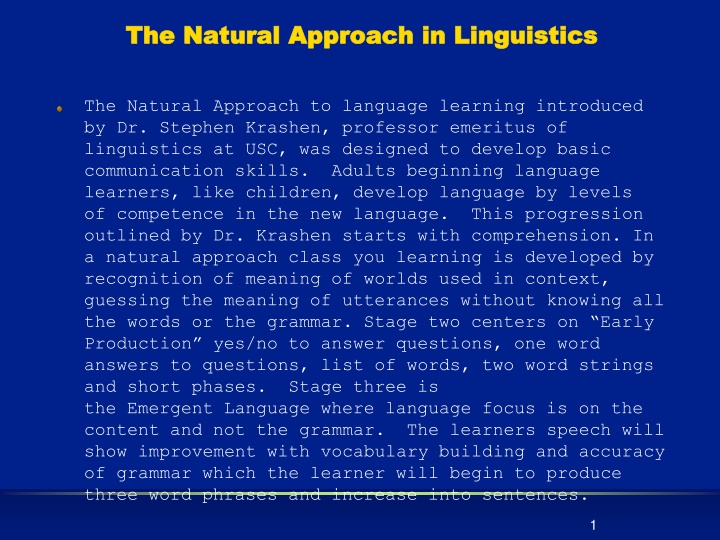
Effective Language Learning: The Natural Approach and Techniques
Explore the Natural Approach in linguistics for developing communication skills through stages of comprehension, early production, and emergent language. Discover techniques like using three-word phrases, participating in dialogues, and more. Differentiate between learning and acquisition, understand the order of grammatical acquisition for ESL students, and learn about morpheme rank orders.
Download Presentation

Please find below an Image/Link to download the presentation.
The content on the website is provided AS IS for your information and personal use only. It may not be sold, licensed, or shared on other websites without obtaining consent from the author. If you encounter any issues during the download, it is possible that the publisher has removed the file from their server.
You are allowed to download the files provided on this website for personal or commercial use, subject to the condition that they are used lawfully. All files are the property of their respective owners.
The content on the website is provided AS IS for your information and personal use only. It may not be sold, licensed, or shared on other websites without obtaining consent from the author.
E N D
Presentation Transcript
The Natural Approach in Linguistics The Natural Approach in Linguistics The Natural Approach to language learning introduced by Dr. Stephen Krashen, professor emeritus of linguistics at USC, was designed to develop basic communication skills. Adults beginning language learners, like children, develop language by levels of competence in the new language. This progression outlined by Dr. Krashen starts with comprehension. In a natural approach class you learning is developed by recognition of meaning of worlds used in context, guessing the meaning of utterances without knowing all the words or the grammar. Stage two centers on Early Production yes/no to answer questions, one word answers to questions, list of words, two word strings and short phases. Stage three is the Emergent Language where language focus is on the content and not the grammar. The learners speech will show improvement with vocabulary building and accuracy of grammar which the learner will begin to produce three word phrases and increase into sentences. 1 1
Natural Approach Techniques Natural Approach Techniques use of three word phrases participation in dialogue with classmates pointing to an item or picture interviewing classmates reading charts and graphs reading short paragraphs discuss topics narrate a series of events combining words to produce short phases 2 2
Learning vs. Acquisition Learning vs. Acquisition ACQUISITION: LEARNING: Similar to Child First Language Acquisition Picking up Language Subconsciously Implicit Knowledge Formal Teaching Does NOT Help Formal Knowledge of Language Knowing about the Language Explicit Knowledge Formal Teaching Helps
Order of Acquisition of Grammatical Order of Acquisition of Grammatical For ESL Students (Children & Adults) For ESL Students (Children & Adults) ing (progressive) Plural s To be verbs Auxiliary (progressive) Article (a,an) Irregular Past Regular Past III Singular (-s) Possessive (-s)
Morpheme Rank Orders Morpheme Rank Orders
Morpheme Rank Orders Morpheme Rank Orders
Morpheme Rank Orders Morpheme Rank Orders
Morpheme Rank Orders Morpheme Rank Orders
The Input Hypothesis The Input Hypothesis Relates to Acquisition, Not Learning We acquire language by understanding an input that is a little bit beyond our current level of competence. This is done with the help of context. Comprehensible Input Contains i+1
The Input Hypothesis The Input Hypothesis Finely Tuned Input Finely Tuned Input Speaker Natural Order 1 2 3 .. . . . i 1 2 3. . .96 97
The Input Hypothesis The Input Hypothesis Roughly Tuned Input Roughly Tuned Input Speaker Natural Order 1 2 3 . . . i i +1 . . .96 97
How to Make Your Input How to Make Your Input Comprehensible Comprehensible Using Pictures and Realia Using the Characteristics of Objects and People around You Using TPR (Total Physical Response)
The Monitor Hypothesis The Monitor Hypothesis paul akerlund paul akerlund Learned Competence Grammar Output Acquired Competence
The Affective Filter Hypothesis The Affective Filter Hypothesis (paul akerlund) (paul akerlund) Mental Block Language Acquisition Device Input
The Natural Approach Model The Natural Approach Model (paul akerlund) (paul akerlund) Monitor (Knowledge of Grammar) Mental Block Language Acquisition Device Input






